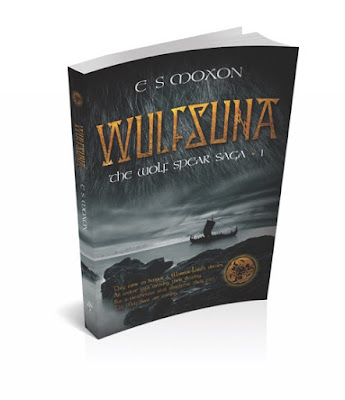A while ago I became involved in an online discussion about diversity in historical fiction. It covered all aspects of inclusion, though mostly became centred on disability. While there are certain restraints put upon histfic writers by the very nature of history (what groups of people were where at given periods; what roles they possessed), there remains an element of freedom to include diversity.
Taking disability as one aspect of this, what comes to mind in modern life is someone who is physically aided by a wheelchair or crutches or perhaps has an artificial limb. Asking people to consider a more historical viewpoint can trigger stereotypical imagery of the wooden-legged pirate with eyepatch. Unless that is what you are striving for in your novel, there needs to be further consideration of the nature of the period in which you are writing and what disabilities will be prevalent.
In the times of the great plagues there would have been disease causing coughing and infections of the skin, or other ailments of putrefaction. In the dark ages of 5th Century sub-Roman Britain, where I set 'WULFSUNA', there are skirmishes and full-scale battles with hundreds of warriors. Being crushed in a shield wall, beneath horses' hooves and receiving spears, arrows or blades to the body would be common. Those who survived might walk/limp/crawl away with facial features or limbs missing/damaged.
These are physical disabilities. There are also the emotional disabilities, some as direct results of these same battle experiences mentioned above. Being 'battle drunk' is a documented Medieval condition, whereby men wander the battle field post-conflict as though drunk and unresponsive. We know today that this is a result of being thrust into the 'fight' mode of the body's natural 'fight or flight' response. Long hours spent in this heightened state literally poisons the body with high levels of cortisones and adrenalin, which take a long time to disperse. Add to that post-traumatic stress and you can imagine the vacant, trance-like euphoria of these wandering warrior-zombies. Not being aware of this modern science in the 5th Century, a familiar state is attributed and hence we have 'battle drunk'.
Here is where the level of understanding and translation of a disability into a historic period creates confines for the histfic writer. Research is imperative. People of the 5th Century do not know what adrenalin is or post-traumatic stress. Invisible disabilities we experience today, such as elements of the autistic spectrum, would have no name in the 5th Century either. Public responses to these conditions would be ruled by culture and spirituality. This fascinated me and has led me to create a character within this period to see how they, and those around them, would respond to this condition being expressed. However, one thing to remember when writing in any period, is that your audience is contemporary with a modern outlook. This creates a requirement to balance the realism of the historic period, while being empathic to your readers and their (in many cases) extensive knowledge or experience of these conditions.
What are your thoughts on diversity in historical fiction?
Have you created characters with a disability?
What types of diversity would you like to see in historical fiction?
Writing as ‘E S Moxon’, Elaine's debut historical fiction adventure ‘WULFSUNA’ was published January 21st, 2015 and is the first in her Wolf Spear Saga series. She is currently writing her second novel, set once again in the Dark Ages of 5th Century Britain, where the legendary Saga ensures a Seer and one named 'Wolf Spear' are destined to meet. You can find out more about Elaine’s novels on her website or follow her on Twitter or Facebook. Elaine lives in the Midlands with her family and their chocolate Labrador.
~ ~ ~
Blood, betrayal and brotherhood.
An ancient saga is weaving their destiny.
A treacherous rival threatens their fate.
A Seer's magic may be all that can save them.




